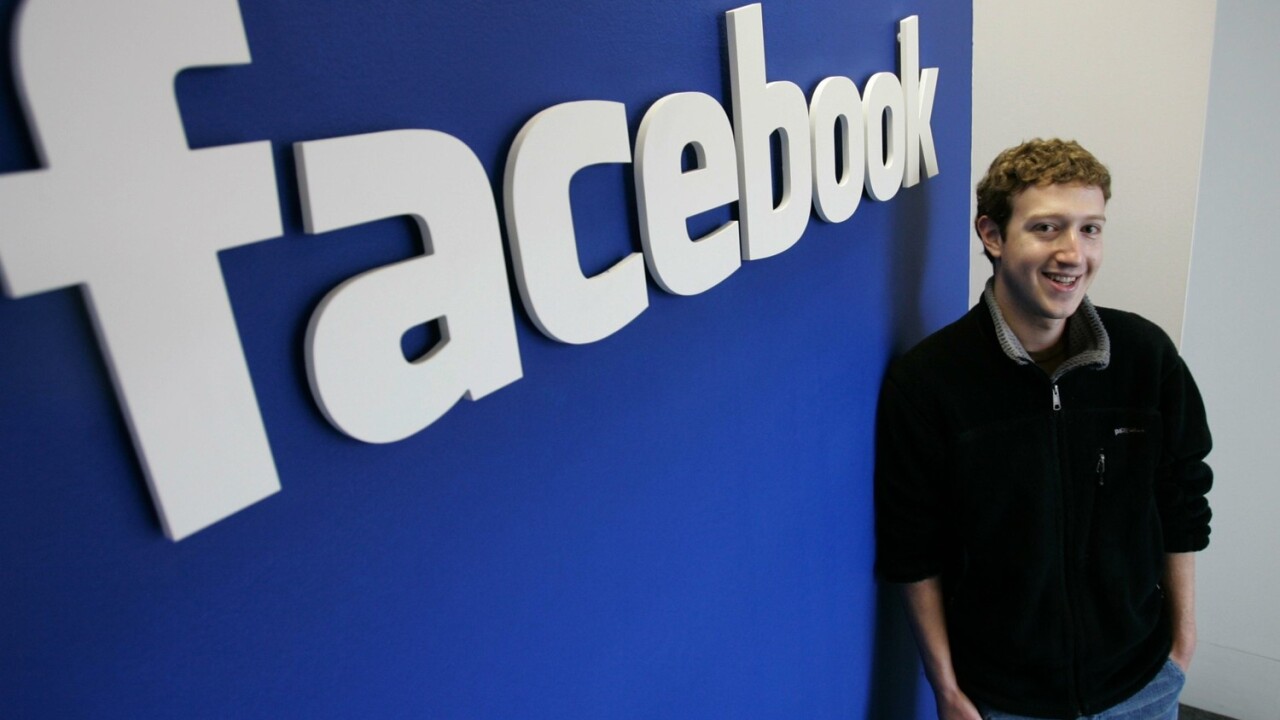
The year 2011 is over, and one of the most significant takeaways from the year is the impact that social media having on on our daily lives today. Our ‘2011 rewind’ articles have reviewed the last twelve months for Facebook, Twitter, Google and the social media industry itself, and it is clear that the Internet is connecting us in ways that were inconceivable even as recently as five years ago.
Facebook has overtaken email for many personal relationships, while photos and other memories are stored, seen and shared across the site, creating a near-dependency on Facebook for many. There is concern that changes made to Facebook, and there were plenty last year, affect communication, user experience and, most importantly, our data online.
Social networks need their users
However, one of the key realities — and one that many overlook — is that the relationship is far from being a one way street. That’s to say that, in today’s heavily saturated social media space — where it seems that a new social network with a ”unique take’ on things launched every week — Internet users are all powerful, as services live or die by their user numbers and activity.
Talking in terms of Facebook, because it is the market leader with a membership that exceeds the population of all but two countries in the world (for now), the upcoming introduction of advertisements in user timelines is a prime example.
The company sparked outcry from its users when it revealed that, starting this month, it will drop ‘sponsored story’ ads amongst updates from friends. Many felt that this area was off-limits to advertisers, that this precious real-estate should be the one sure place free from ads in cyberspace. There was fretting that timelines would be reduced to a rubble of third party endorsements and spam, yet in reality such an event would never happen. Here’s why.
IPO will increase need to keep users happy
Facebook is an Internet behemoth. It has redefined how we use the Web and, as a result, it boasts more than 800 million members. This year, it is being tipped to list for an IPO which raises the stakes hugely, as we concluded in our 2012 Facebook preview. But with this comes a new dependency on its users and an extra incentive to keep them happy.
 While a significant chunk of Facebook’s rumoured $100 billion valuation is its staff and facilities, the company would suffer were its user support to flag. There are 800 million or so of them today, and that’s figure that is set to grow past 1 billion this year. Were the company to introduce a feature that caused its growth to slacken or its users to become less active, its value as a company would dented which, crucially, would hurt its shareholders.
While a significant chunk of Facebook’s rumoured $100 billion valuation is its staff and facilities, the company would suffer were its user support to flag. There are 800 million or so of them today, and that’s figure that is set to grow past 1 billion this year. Were the company to introduce a feature that caused its growth to slacken or its users to become less active, its value as a company would dented which, crucially, would hurt its shareholders.
Facebook treds a fine line between providing a platform for advertisers — which earns it money — and a service that is genuinely useful for Internet users — who lure the advertisers in. With that in mind, Facebook has your interests at heart to a greater extent than you might believe.
Privacy issues
There is one issue that clouds users, and that is privacy. As we recently concluded, there are limits to how users control the availability of photos that they post to the site, unlike Google+ which has a much more robust filter over sharing information. However, things are not as bleak as they are often made out to be.
 Last year Facebook came under intense pressure over user data,which is likely to affect the issue in a positive way for some time. An FTC enquiry found a number of issues and, consequently, the social network faces 20 years of annual audits from third parties to ensure that it “is obligated to keep the promises about privacy that it makes to its hundreds of millions of users”. While equally an investigation in Ireland is likely to see changes made to the service too.
Last year Facebook came under intense pressure over user data,which is likely to affect the issue in a positive way for some time. An FTC enquiry found a number of issues and, consequently, the social network faces 20 years of annual audits from third parties to ensure that it “is obligated to keep the promises about privacy that it makes to its hundreds of millions of users”. While equally an investigation in Ireland is likely to see changes made to the service too.
So, while privacy is a thorny issue for Facebook users, it is at least more of a known quantity today. Before sharing a picture on the site, users should consider the fact that people who they don’t know may be able to view it. With audits covering its every move for the next two decades, you can rest assure that things are unlikely to get any hairier when it comes to privacy on Facebook.
User power
We’ve seen the power of users in other social networks, not just because people have up and left past giants like FriendFeed, Hi5 and others to run dry, but successful services have reacted to user complaints. Twitter, for example, introduced and then quickly killed off the ‘Dick bar’ last year and Facebook itself removed a initial attempt at in-timeline ads in 2007, which saw project Beacon killed off. Zuckerberg himself revealed he regrets introducing the service that early, given the uproar it triggered amongst users.
Rather than complaining about social networks, and new features that they introduce, why not vote with your feet or, indeed, your mouse? If Facebook isn’t doing it for you, stop using it, make your thoughts known, see if others agree and go from there. Sure, we can’t expect radical changes, but user opinions are key to the success of social media. With shareholders soon to be involved in proceedings, Facebook and others that trend the IPO path will listen keenly.
Bring on the next challenger
I suspect that for many, the main thought this year may be how to manage multiple networks and services out there on the Web. Last year Google+ was the main new entrant the mainstream pack and we will see whether another service — be it from a heavyweight or an as-yet-unknown — makes a series bid for our time, energy and interactions online.
Either way, we as users have the ultimate power to make services succeed and that should not be forgotten. Expect Mr Zuckerberg to be extra nice to you this year, he needs all the friends he can get more than ever before.
Get the TNW newsletter
Get the most important tech news in your inbox each week.




